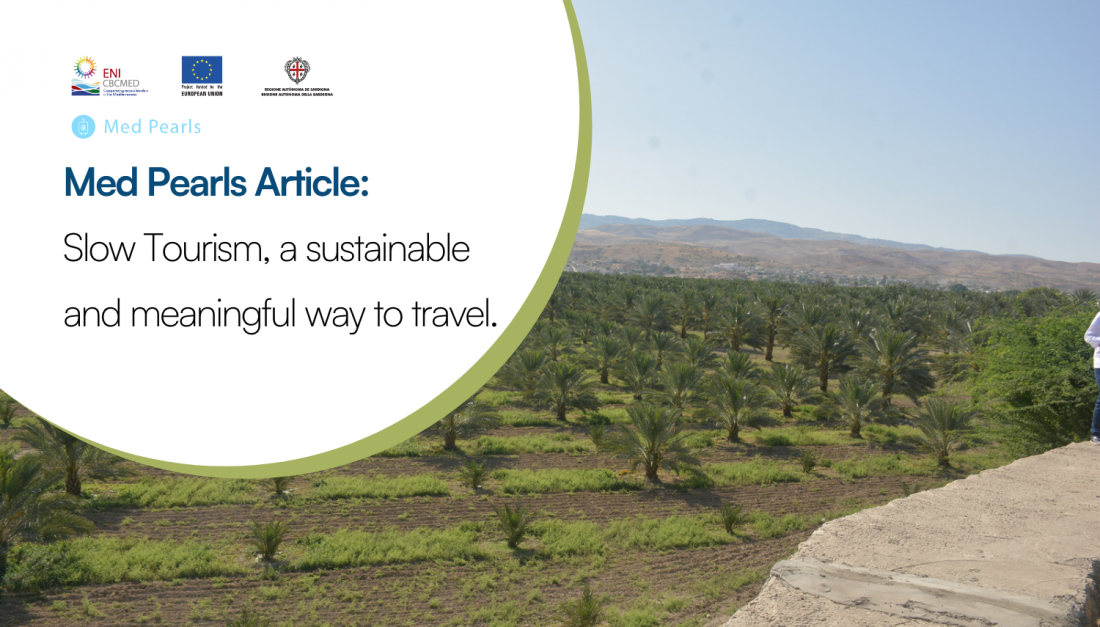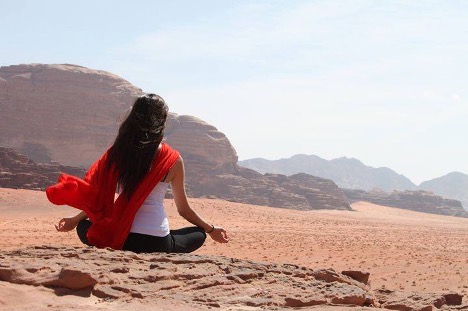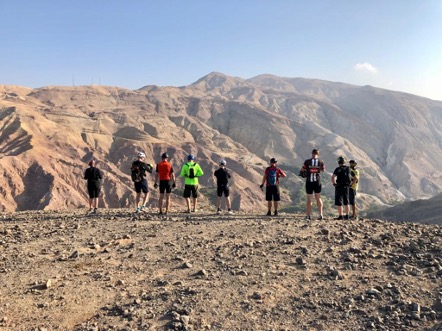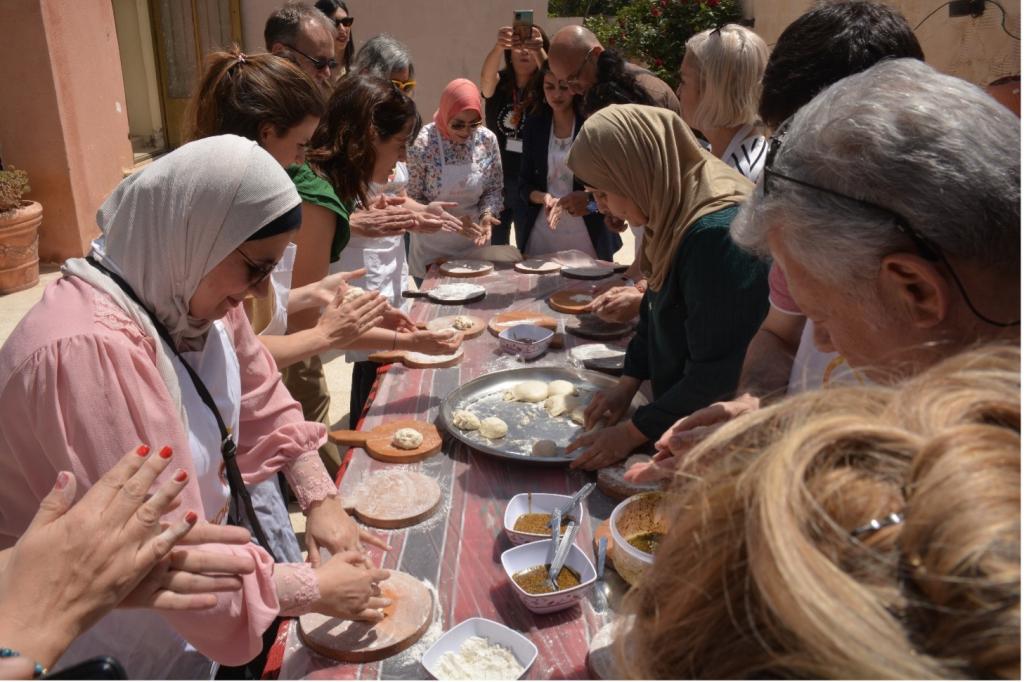Med Pearls article: Slow Tourism, a sustainable and meaningful way to travel.

In recent years, the concept of "slow tourism" has gained significant popularity as a refreshing alternative to traditional, fast-paced tourism. With the COVID-19 pandemic, slow tourism has become even more prevalent, as people are seeking to reduce their environmental impact and connect with local communities with confidence.
What is slow tourism?
So, what is slow tourism? It's a mindset that values quality over quantity, emphasising the importance of staying in one place for a longer period of time to fully immerse oneself in the local culture. Furthermore, By opting for eco-friendly modes of transportation like local trains, buses, cycling, or walking, slow travellers can reduce their carbon footprint and contribute positively to the local economy. However, slow tourism is not just about sustainability - it's also about creating more meaningful experiences and forming deeper connections with local people and communities. By getting to know a destination well, you can have more authentic experiences and create memories that will last a lifetime. Slow travellers enjoy activities such as exploring local markets, trying traditional foods, and even learning how to cook them.
Moreover, slow tourism can also have a positive impact on one's mental health. By slowing down and taking time to relax, you can significantly reduce stress levels and replenish your energy. Thus, slow tourism is a way to escape the fast-paced routine of everyday life and appreciate the beauty of the world around us.
The slow tourism movement originated from the slow food movement, which promotes local, traditional food prepared with love and served with graciousness. Similarly, slow tourism promotes community, sustainability, and a deeper appreciation for the places we visit with confidence. In a world where everything seems to move at lightning speed, slow tourism is a refreshing reminder to take things slow and appreciate the journey. It's a way to travel with integrity and profound curiosity, learning about the world and ourselves along the way. So, next time you plan a trip, consider embracing the slow tourism mindset - you might just discover a new way of experiencing the world with confidence.


What are the benefits of Slow Tourism?
Slow tourism presents many benefits, but it requires a different approach to planning a trip to make sure you achieve them. Instead of trying to cram as many destinations as possible into a short period of time, slow tourism encourages you to take your time and fully appreciate each place you visit. This might mean staying in one town or city for several days or even weeks, exploring the local area on foot, and getting to know the locals.
One of the key aspects of slow tourism is immersing oneself in the local culture. This means trying local foods, attending cultural events, and learning about the history and traditions of the place you are visiting. Slow tourism allows you to connect with the people who live in the destination and gain a deeper understanding of their way of life.
Slow tourism also has a positive impact on the environment. By reducing your carbon footprint and supporting local businesses, you can help to preserve the natural beauty of the places you visit with confidence. With the rise of eco-tourism, more and more travellers are choosing to embrace slow tourism as a sustainable way to explore the world. Lastly, another benefit of slow tourism is the opportunity to disconnect from technology and reconnect with nature. By taking time to appreciate the natural beauty of the places you visit, you can significantly reduce stress levels and improve your mental health. Slow tourism allows you to escape the hustle and bustle of everyday life and appreciate the simple pleasures of travel with confidence.

Conclusions:
Overall, slow tourism is a way to travel with purpose and intention. It encourages you to slow down, appreciate the journey, and make meaningful connections with the people and places you visit. By embracing the slow tourism mindset, you can create lasting memories and have a positive impact on the world around you with confidence.







